AI's Impact on Project Management: Transforming Roles and Processes
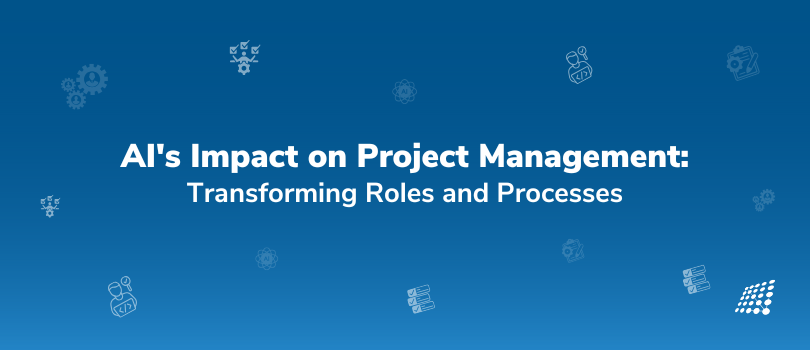
As a project coordinator at SJI, I’ve had the privilege of witnessing the dynamic evolution of project management firsthand. Today, we stand on the brink of a revolution—one that is being driven by Artificial Intelligence (AI). This isn’t just a passing trend; AI is fundamentally transforming how we approach project management, and we must understand its implications for our roles as project managers.
Did you know that Gartner's research indicates that by 2030, AI will handle 80% of project management tasks? Let’s dive into this exciting new frontier!
Embracing AI: A New Era for Project Managers
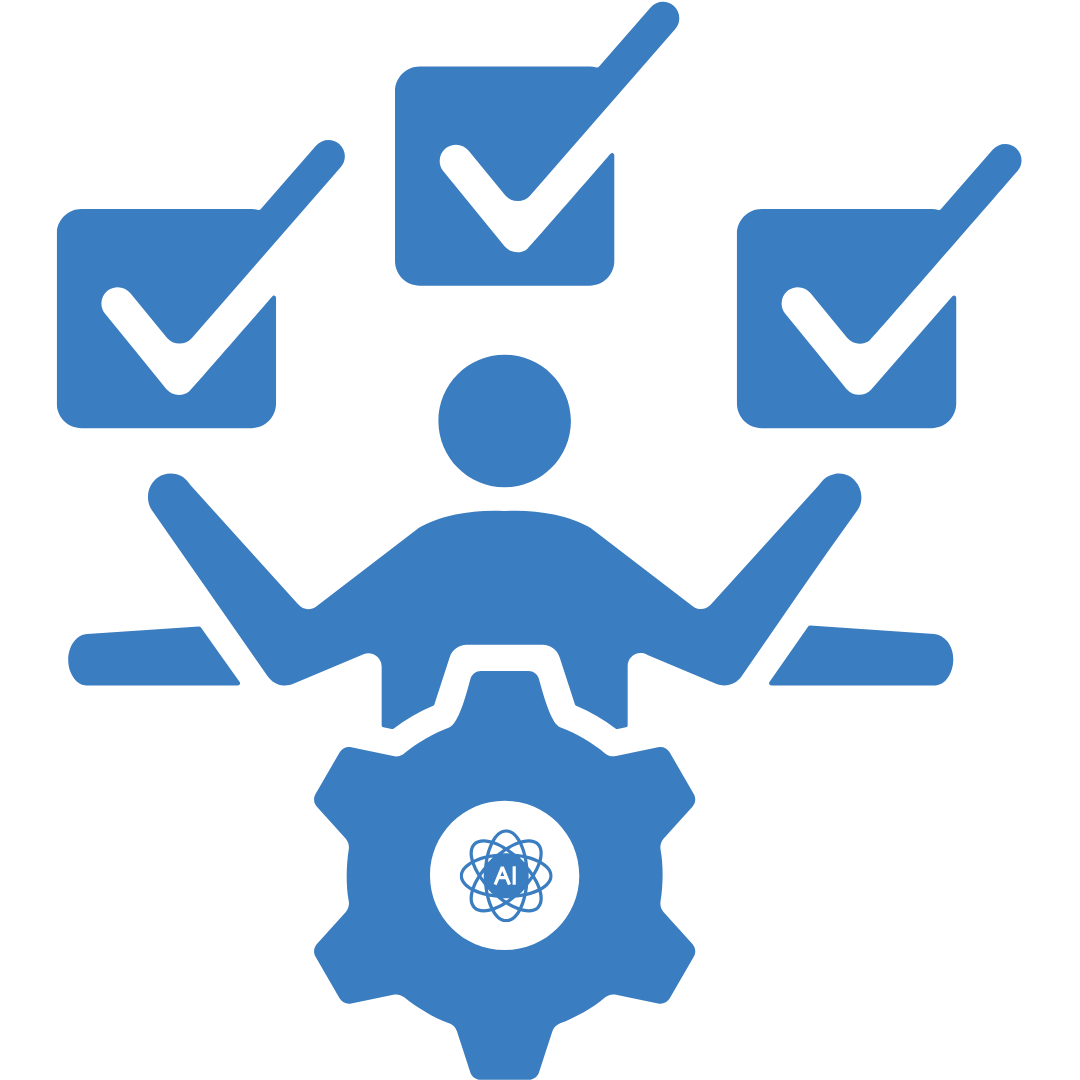
Gone are the days when project management was synonymous with endless spreadsheets and manual tracking. AI is here to change the game! Imagine having a powerful ally that can streamline processes, reduce errors, and allow us to focus on what truly matters—leading our teams to success. With AI by our side, we can elevate our project management practices to new heights.
Enhanced Decision-Making
One of the most remarkable ways AI is reshaping our role is through enhanced decision-making. Picture this: AI tools can sift through mountains of data in the blink of an eye, providing insights that would take us hours or even days to uncover. With predictive analytics, we can foresee potential project risks and take proactive measures. This means making informed decisions faster, ultimately reducing the likelihood of project delays and budget overruns. Talk about a game-changer!
Improved Resource Management
Resource allocation can often feel like a juggling act, but with AI, we can optimize how we assign tasks and manage team workloads. Imagine algorithms analyzing team members’ skills, availability, and past performance to ensure the right person is assigned to the right task. This not only boosts productivity but also enhances team morale, as individuals are more likely to be engaged in work that aligns with their strengths. It’s a win-win!
Automating Routine Tasks
As project managers, we often find ourselves buried under a mountain of administrative tasks—updating timelines, sending reminders, and compiling reports. But what if AI could take care of these routine processes for us? With AI-driven project management software, we can automate status updates and generate reports, keeping everyone informed without the constant manual input. This frees us up to focus on strategic planning and team leadership, where our impact is most significant.
Fostering Collaboration
In today’s fast-paced work environment, collaboration is key. AI enhances team collaboration by facilitating communication and information sharing. With AI chatbots answering common questions and providing updates, team members can stay connected and aligned, regardless of their physical location. This creates a supportive and engaged environment where everyone feels empowered to contribute their best work.
The Evolving Role of Project Managers
As AI takes on more administrative and analytical tasks, our role as project managers is evolving. We are transitioning into strategic leaders, focusing on guiding our teams, fostering innovation, and driving project vision. While AI handles the data and logistics, we can concentrate on building relationships, motivating our teams, and ensuring that our projects align with organizational goals. It’s an exciting shift that opens up new possibilities for us!
Real-World Examples of AI in Project Management
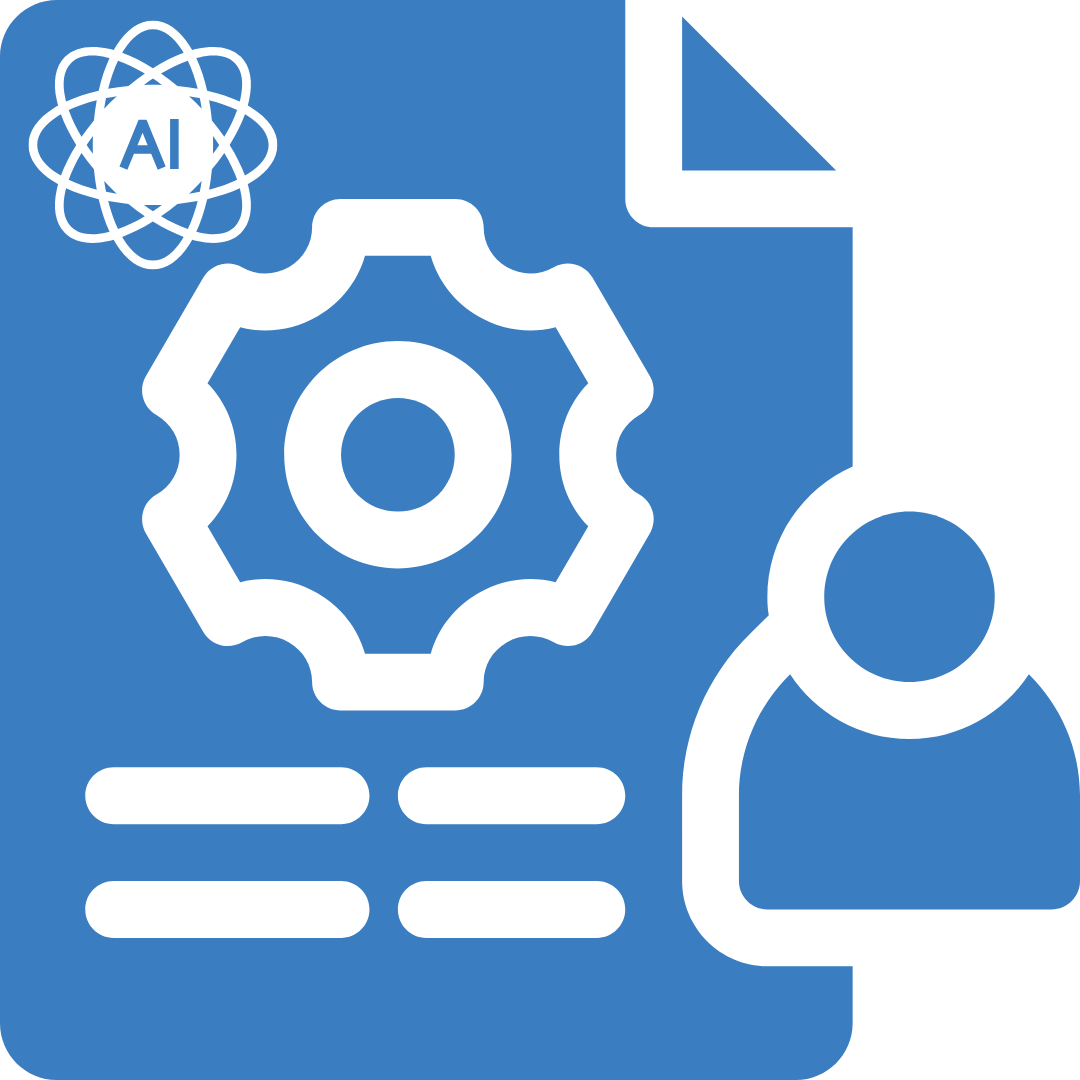
Here are some examples of how AI has improved project outcomes without focusing on specific case studies:
- Automated Scheduling and Planning
- AI tools can automatically adjust project schedules based on resource availability and deadlines. This helps in maintaining realistic timelines and reduces the risk of overcommitting resources.
- Enhanced Risk Management
- Predictive analytics powered by AI identify potential risks early by analyzing historical data trends. This proactive approach allows teams to implement mitigation strategies before issues escalate.
- Streamlined Communication
- AI-driven platforms facilitate seamless communication among team members, ensuring everyone is updated with the latest project developments. This minimizes misunderstandings and enhances collaboration efficiency.
- Data-Driven Decision Making
- With AI's capability to process large volumes of data quickly, project managers gain valuable insights that inform strategic decisions, such as reallocating resources or adjusting project scopes for better outcomes.
- Improved Quality Control
- Machine learning algorithms can detect anomalies or errors in project deliverables more effectively than manual checks, ensuring higher-quality outputs and reducing rework.
Potential Drawbacks and Solutions
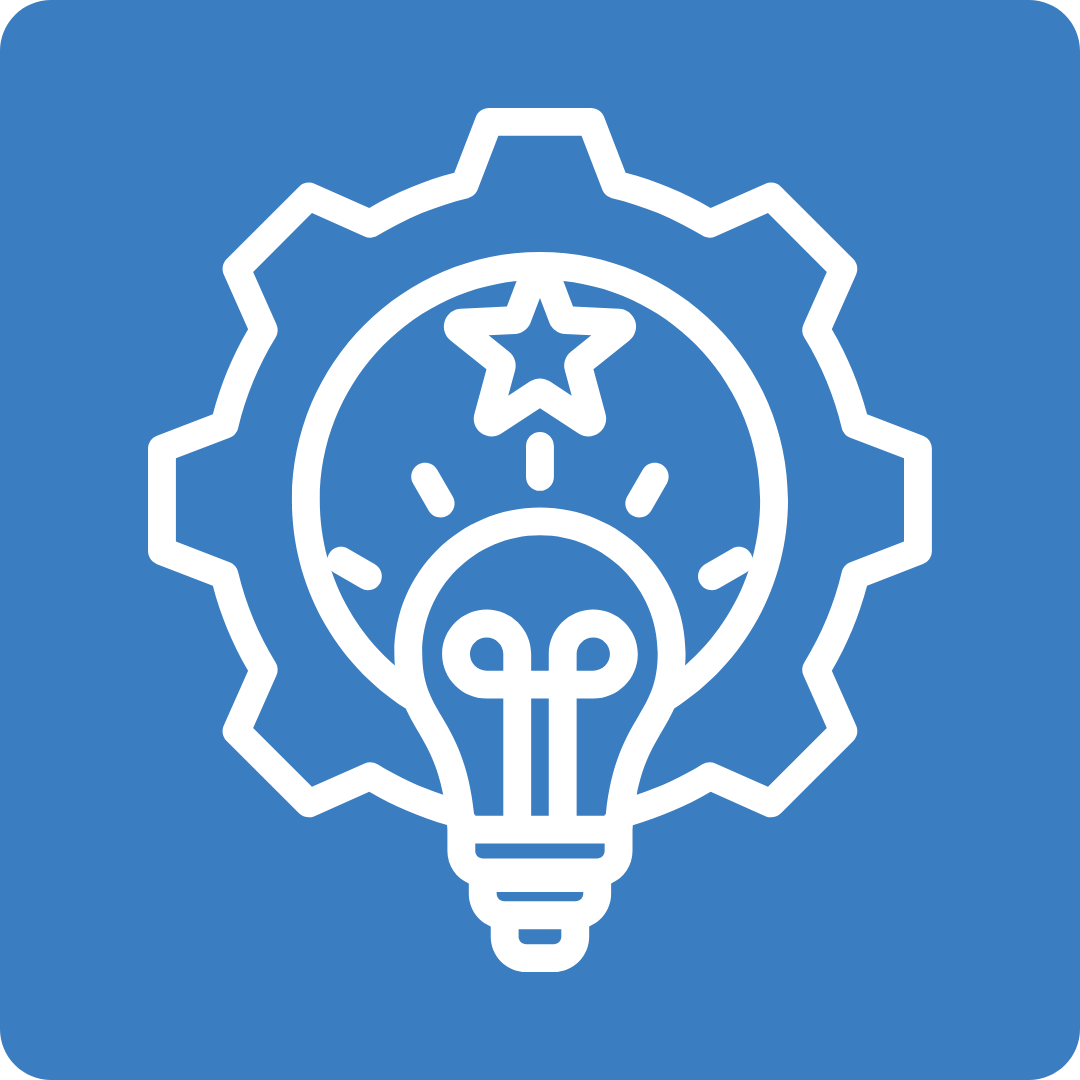
- Challenge: Data Dependency
- Issue: AI systems rely heavily on quality data inputs.
- Solution: Implement robust data management practices to ensure accuracy and completeness.
- Challenge: Skill Gap
- Issue: Teams may lack skills to effectively use new AI tools.
- Solution: Offer training programs to upskill staff on emerging technologies.
- Challenge: Initial Cost Investment
- Issue: Adopting AI solutions may require significant initial investment.
- Solution: Conduct cost-benefit analysis to justify expenditures through long-term efficiency gains.
- Challenge: Technological Overload
- Issue: Too many tech tools can overwhelm users.
- Solution: Integrate systems thoughtfully, selecting only essential tools that align with strategic goals.
These examples illustrate how AI enhances various facets of project management while addressing common challenges with practical solutions.
Embracing the Change
To thrive in this new landscape, we must embrace change and adapt. This means staying informed about the latest AI tools and trends, investing in training, and being open to integrating these technologies into our workflows. By doing so, we can enhance our effectiveness and ensure that we remain valuable assets to our organizations. The future of project management is bright, and it’s ours to shape!
Conclusion
In conclusion, AI is not just a tool; it’s a transformative force in project management. By embracing AI, we can enhance our decision-making, improve resource management, automate routine tasks, and foster collaboration. As we navigate this new era, let’s leverage AI to elevate our roles as project managers and drive our projects to success. The future is here, and I’m excited to embark on this journey with all of you! Let’s embrace the possibilities and lead our teams into a new age of project management excellence! What steps will you take today to integrate AI into your project management strategy?
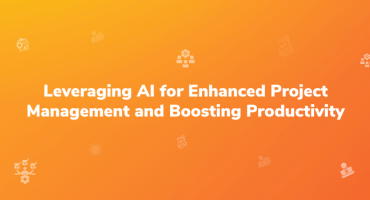
Leveraging AI for Enhanced Project Management and Boosting Productivity
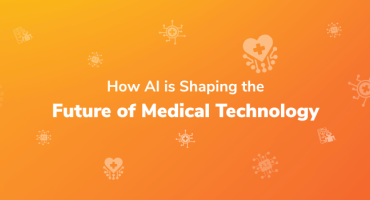
How AI is Shaping the Future of Healthcare & Medical Technology


